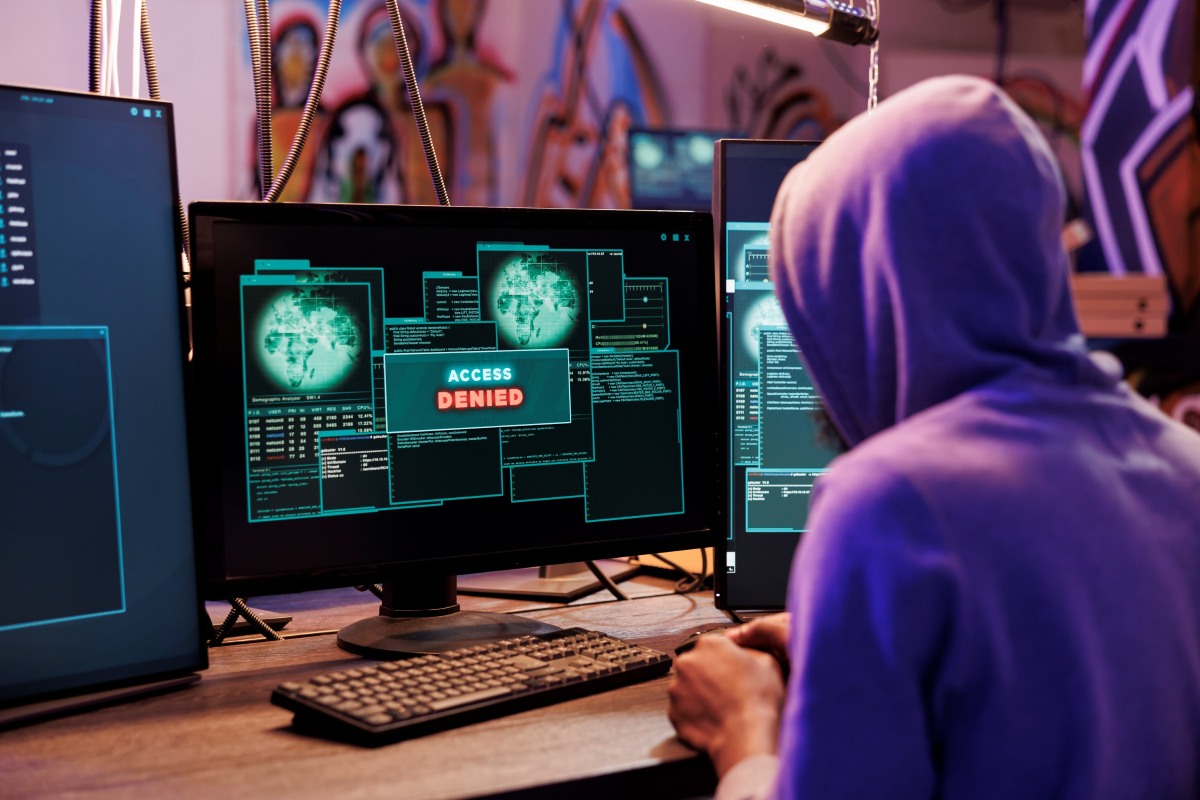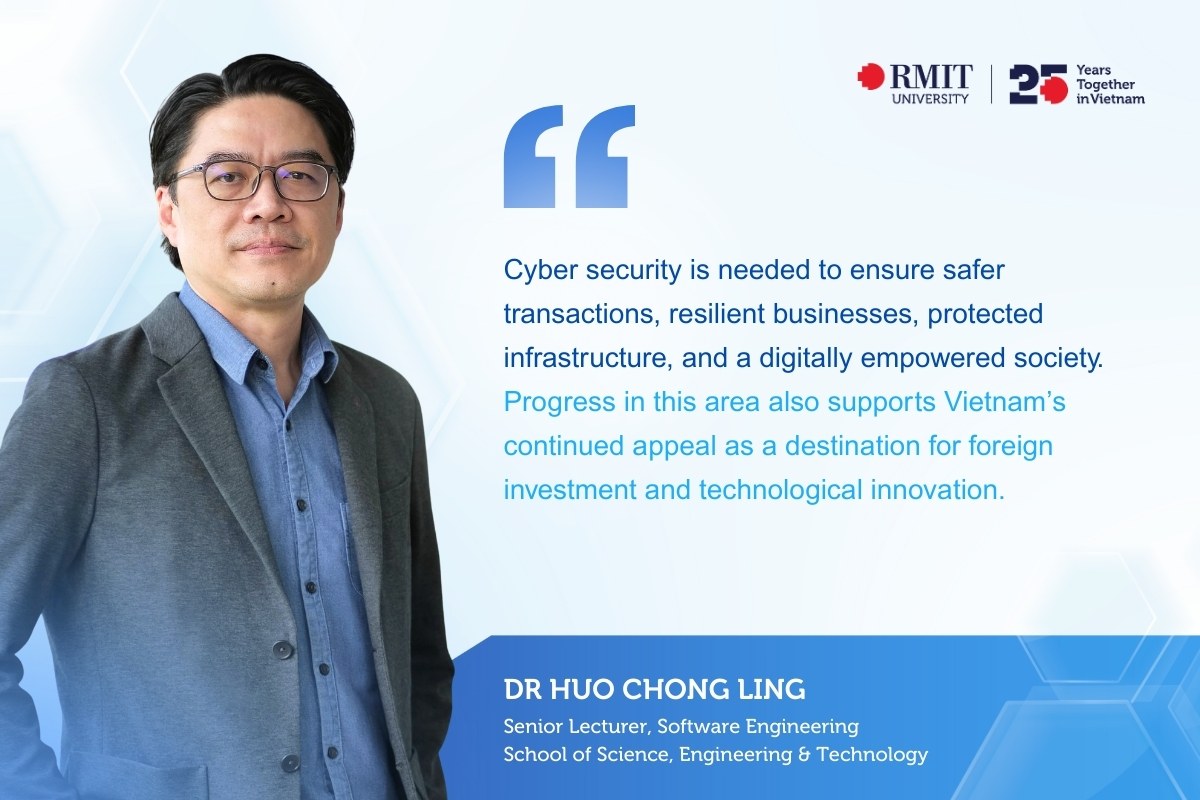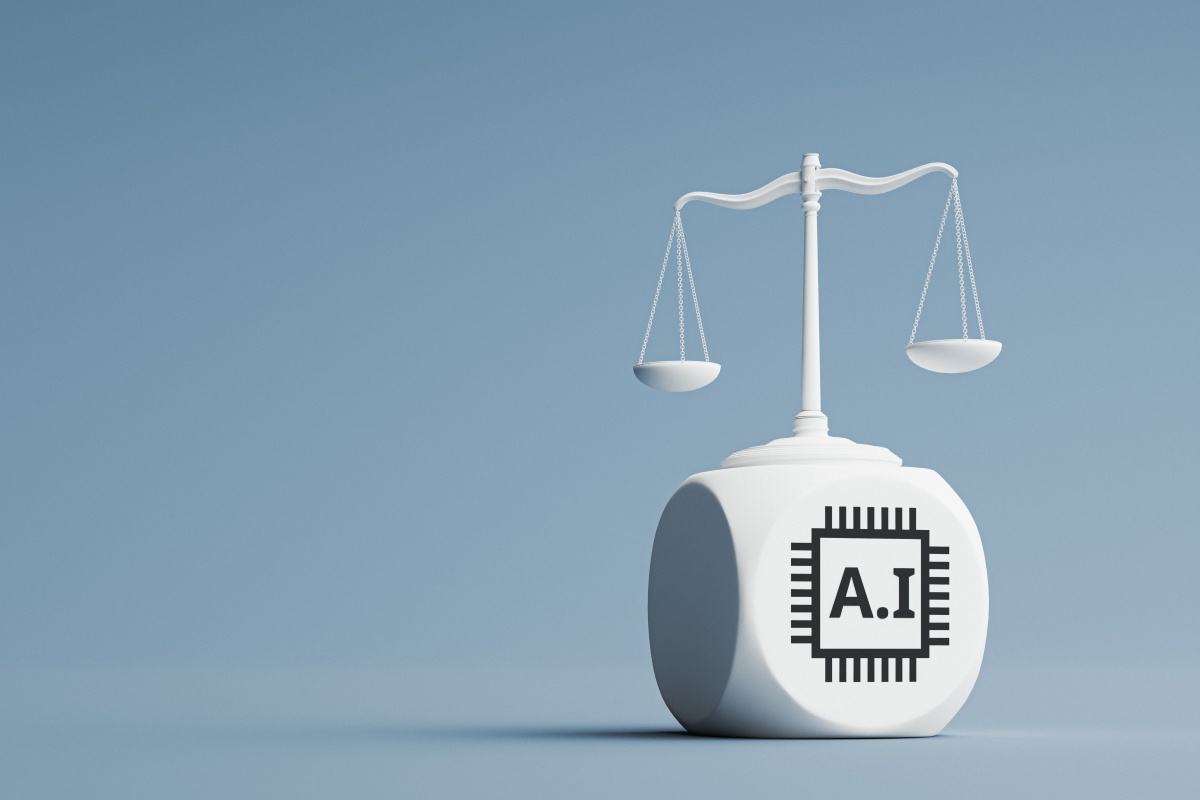More cyber threats are coming.
It’s no longer just about stolen passwords or hacked bank accounts.
Will our smart society be ready for them?
By 2050, millions more people across Vietnam will have been hit by phishing, malware, or ransomware.
A malicious attack might not just crash a website – it could shut down a whole city.
But cyber security could help protect us and the future we are aiming for.
It's not fiction anymore.
This is where the future begins.
Welcome to Vietnam 2050: The vision ahead.
How can we stay secure in a digital future?
Vietnam's rapid digital transformation creates business opportunities and social innovation, but also more vulnerability.
In the next few decades, Vietnam’s major cities will be powered by real-time, interconnected systems.
Transportation, healthcare, education, and governance will be digitalised.
It will be an ongoing issue to secure a society where millions of devices are interconnected through the internet.
Strong cyber security will be more important than ever because it protects our daily transactions, our infrastructure, and the whole digital society.
It also makes Vietnam appeal more to foreign investors and global tech players.
So, how can Vietnam prepare for a cyber-smart future?
Promising technologies include AI-driven firewalls capable of detecting threats early and decentralised digital identity solutions powered by blockchain.
Quantum computing is another domain to watch out for.
By 2050, quantum computing will likely dominate.
So, it's important that we start to develop data encryption that safeguards us in that future, because current encryption methods might become defenceless against quantum computers.
Technology evolves fast, but people and policy will shape its impact.
To secure critical infrastructure, Vietnam must set national cyber security standards.
Models in countries like the US, Australia, and China hint at how policy can strengthen both protection and public awareness.
But education remains the long-term lever as the critical shortage of skilled professionals has long been the biggest weakness in Vietnam’s cyber security infrastructure.
A cyber security strategy is only as effective as the people behind it.
Without a skilled workforce, even the most well-funded initiatives and high-end technologies will fail to properly defend us.
Universities will play a crucial role here by fostering research and developing skilled professionals.
As Vietnam strives to become a digital society by 2030 and a high-income nation by 2050, its ability to secure digital systems will be critical to protecting people, services, and growth.
I think we are on the right track, but the pace must be improved a lot more.
New cyber smart cities. Securing tomorrow, starting today.
Vietnam 2050: The vision ahead








